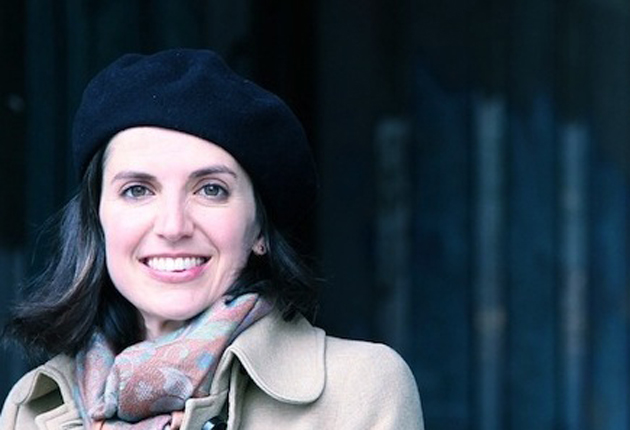Liverpool’s decline and regeneration
Beatriz Garcia
Related fights
- Liverpool’s decline and regeneration
- Local alternatives
- Continuity of strategies
- Investment by the City of Liverpool
- Principles of government support
- Supporting the growth of Creative Industries
- Role of the Tower Hamlets local authority
- Cherry principle
- Improving the quality of life in the district
- Culture and creative industries in Hämeenlinna
- Where the money comes from?
- Funding of Meet Factory
- Cooperation with City of Tartu
- NOASS earned its recognition
- Ale kommun
- Begging for financial support
More fights by Beatriz Garcia
- Glasgow 1990
- Drivers of change in Glasgow
- Liverpool’s decline and regeneration
- Liverpool 2008
- Investment by the City of Liverpool
- Challenges of Liverpool 2008
- ECOC projects - Opportunities and expectations
- Economic impacts of Liverpool 2008
- Social impacts of Liverpool 2008
- Transformation of Liverpool’s cultural institutions
- What is culture-led regeneration?
